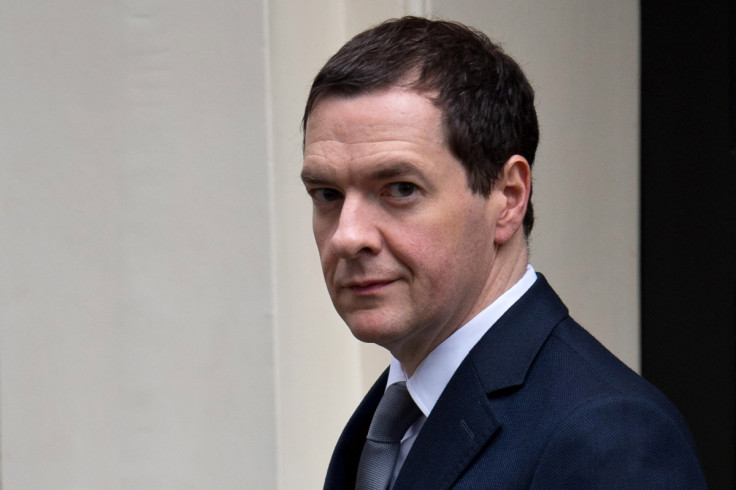UK housing: Landlords report 'crisis in confidence' amid George Osborne's war on buy-to-let

George Osborne's tax hikes on the UK's booming buy-to-let sector has left landlords feeling less confident about their prospects than in the darkest days of the financial crisis, according to a group that represents them. A survey by the National Landlords Association (NLA) found confidence in their business expectations was 43%, down by a third over the year and an all-time-low. Confidence in buy-to-let is 5% lower than its 2007 nadir.
Osborne is raiding the buy-to-let sector to raise money for doubling the government's house-building budget to £2bn ($2.9bn). The Conservative chancellor wants to increase home ownership and the government has a number of policies to help first-time buyers get onto the property ladder, such as the Help to Buy scheme and the building of 200,000 discounted "starter homes".
So far Osborne has removed a tax relief that allowed buy-to-let investors to offset their mortgage interest payments against their income tax bills. From April 1 2016, he will add a 3% levy onto the normal stamp duty rates for all purchases of additional properties. As a result there has been a rush of last-minute buy-to-let investment to beat the April tax increase.
"Two speeches from the chancellor in 2015 have led to a crisis in confidence greater than when all but a few buy-to-let products were immediately withdrawn from the market following the 2007 financial crash," said Richard Lambert, chief executive of the NLA at the Building Societies Association (BSA) annual meet-up for mortgage professionals.
"Up to half a million properties could come onto the market as a result of the summer budget and autumn statement, which the chancellor will no doubt deem a success. But there is no guarantee that these will be the one or two-bedroom flats or small houses that will appeal to first time buyers, especially as landlords are more likely to offload less desirable stock in less desirable areas.
"We've always said that Mr Osborne is blinded to the impact of his decisions by his commitment to home ownership. He may have intended to focus on the small-scale part-time investor, but it's the larger and more professional landlords who will be hit worst by cuts to mortgage tax relief and increases to stamp duty, and who appear most likely to leave the sector. What happens to the people these landlords house if they still can't buy and there are fewer and fewer properties available to rent?"
In recent years the home ownership rate has fallen in the UK because house prices have risen sharply and first-time buyers struggle to secure a mortgage, either because they cannot get a loan large enough or cannot afford to save a sufficient deposit. The ONS said the average UK house price rose 7.7% over the year to November 2015 to reach £288,000. And the average deposit paid by first-time buyers to secure a mortgage in the UK is, at £33,000, a whopping 88% higher than in 2007, says Halifax.
© Copyright IBTimes 2025. All rights reserved.





















